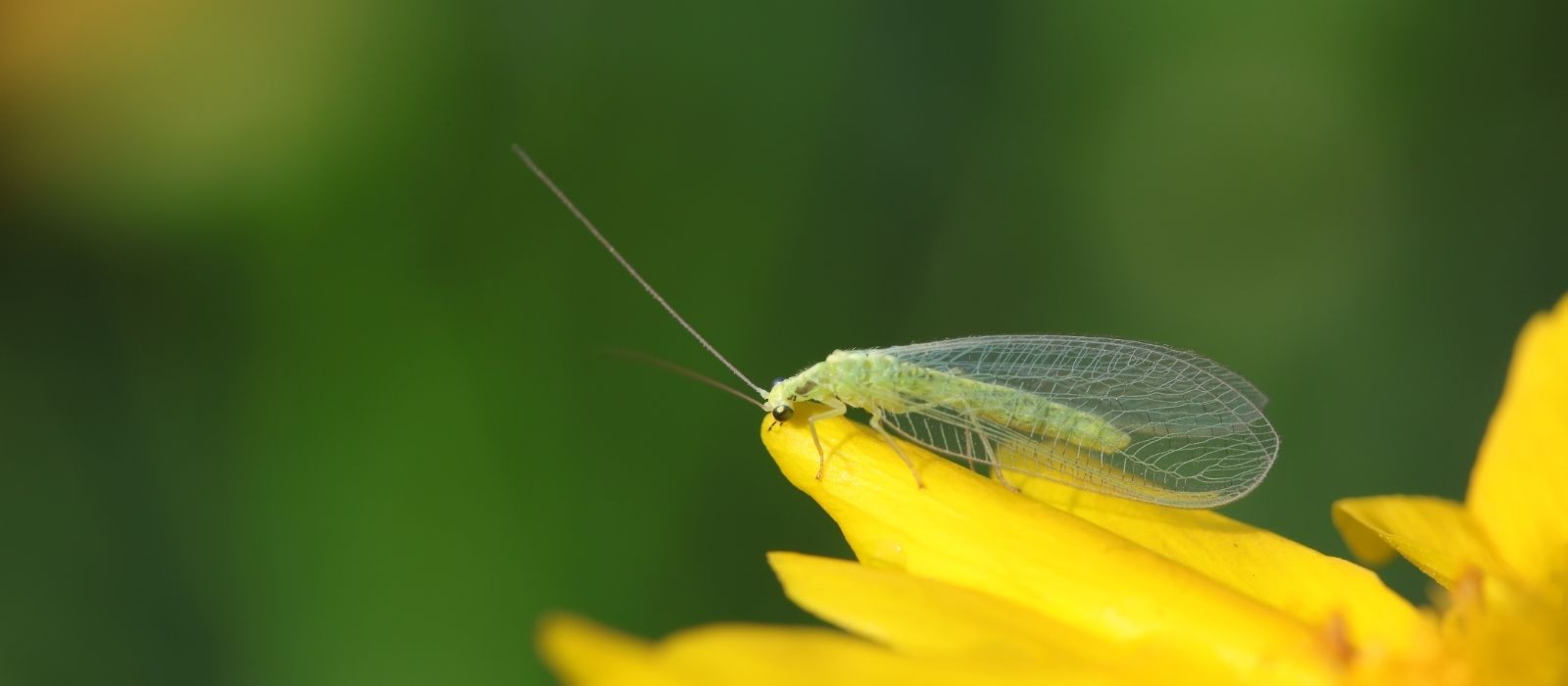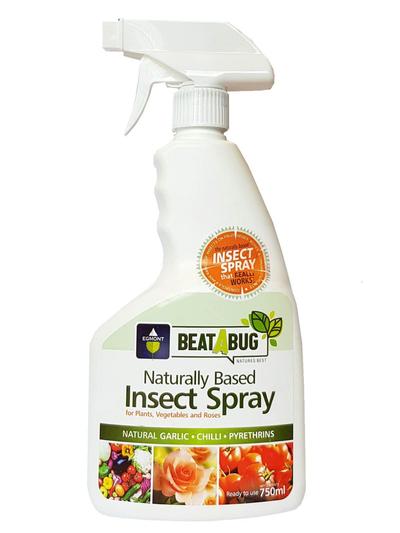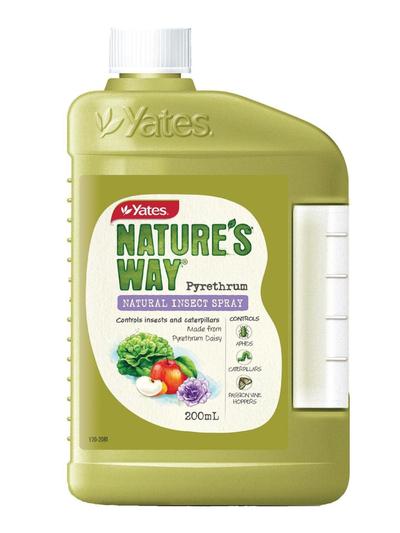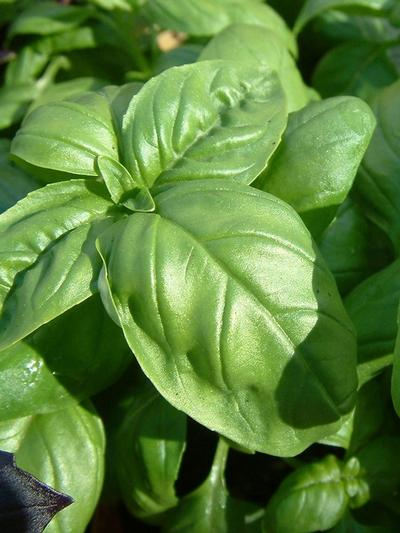
Beneficial insects naturally control pests, reducing damage to your plants without the risks associated with sprays. They’re an eco-friendly and cost-effective way to keep your garden healthy and productive.
Lacewings
Description: Delicate and no more than 8mm long, adult lacewings resemble tiny praying mantises.
Role: Lacewing larvae are voracious predators, skewering and consuming pests like aphids, mealy bugs, and caterpillars. One larva can devour over 600 aphids in a month.
Tip: Lacewings thrive when nectar-rich plants like Phacelia are nearby, providing sustenance for adults.
Parasitic Wasps
Description: These tiny, 4mm-long wasps often go unnoticed.
Role: Female parasitic wasps lay eggs inside aphids, using the host as nourishment for their growing larvae. This process quickly curbs aphid populations.
Tip: Plant pollen-rich flowers to attract these wasps. Their short 14-day lifespan is incredibly effective in aphid control.
Ladybirds
Description: Known for their iconic red-and-black spots, ladybirds are a gardener’s favourite helper.
Role: A single ladybird can eat up to 5,000 aphids in its lifetime. Ladybird larvae also feed on aphids and other pests for about two weeks before maturing.
Tip: Relocate any ladybirds you find to the most pest-infested areas of your garden.
Encouraging Good Guys in Your Garden
Plant Nectar-Rich Flowers: Flowers like Phacelia provide essential pollen for beneficial insects.
Avoid Broad-Spectrum Sprays: These can kill the good guys along with the bad. Reserve sprays like pyrethrum or ‘Beat a Bug’ for severe infestations, and use them only when the sun isn’t shining directly on plants.
Use Neem Granules: These are particularly effective against psyllids on tomatoes, potatoes, and capsicums. Simply add a teaspoon under each plant and reapply every six weeks.
Incorporate Companion Plants: Basil deters pests and doubles as a delicious herb for your kitchen.
Garden Expert Tip
Plant pyrethrum near greenhouse doorways to deter pests and attract helpful insects. A little planning can make your garden a paradise for good bugs and a nightmare for pests.
By welcoming these natural allies into your garden, you’ll reduce pest problems and foster a healthier, more sustainable environment. With the right plants and strategies, your garden can thrive while keeping those pesky "bad guys" at bay.











